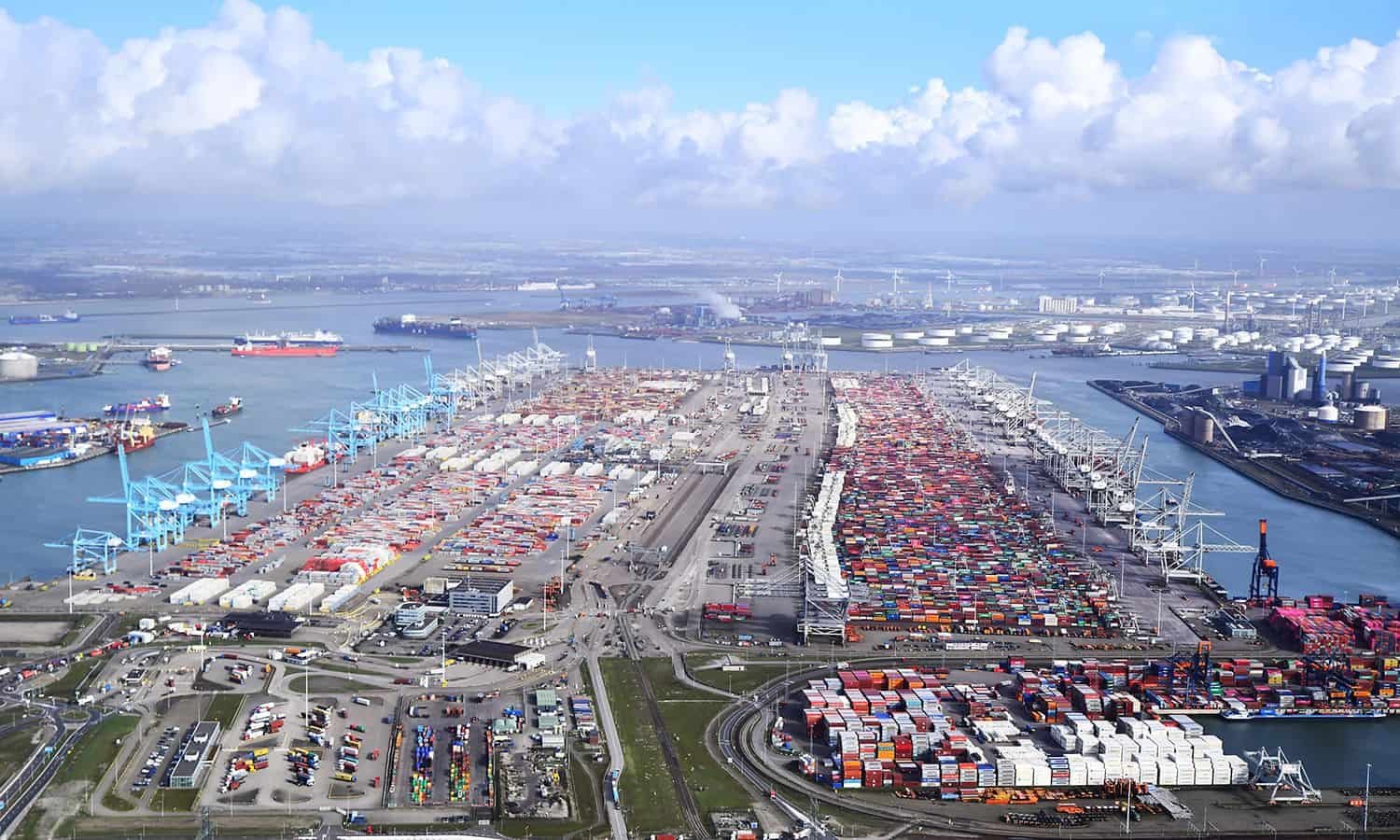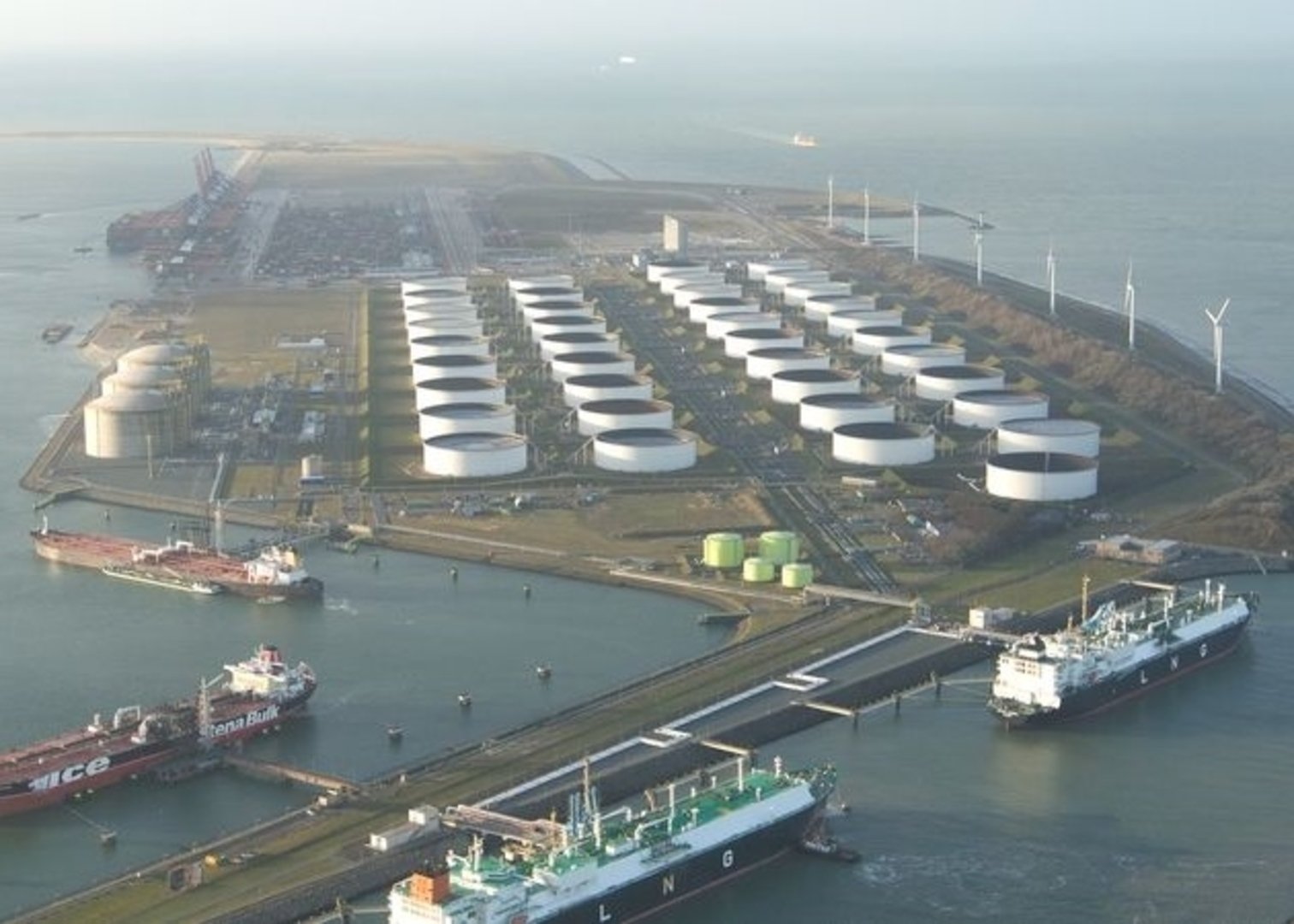HIGHLIGHT
- Since March, the volume of containers from Russia to Rotterdam has decreased markedly
- Port chief executive, Allard Castelein, said they fear that the unrest will affect cargo throughput until the end of the year.
- Despite the drop in shipments from Russia, those losses have been partially offset by increased trade elsewhere.
FULL ARTICLE
Goods from Russia decrease
In 2021, the port of Rotterdam recorded 30% of oil imports, 25% of liquefied natural gas (LNG) imports and 20% of coal from Russia. Cargo from Russia makes up the bulk of the total amount of goods transited through Rotterdam. However, since March, the volume of containers coming from Russia has decreased markedly as most shipping companies stop placing containers in Russia and most deep-water ports also stop exporting.

At the moment it is too early to judge how much the volume of goods from Russia will decrease, but it is clear that all sectors are affected by the sanctions and the decisions of companies not to cooperate with Russia. Although some commodities such as oil, coal and gas are not yet subject to European sanctions, some companies such as Shell have decided to stop doing business with Russian companies to avoid the undesired risks.
The Port of Rotterdam said a total of 113.6 million tonnes of cargo passed through Rotterdam in the first quarter of 2022, down 1.6 million tonnes from the same period in 2021. Port chief executive, Allard Castelein, said they fear that conflicts in Ukraine and worsening relations between Russia and many other countries will affect cargo throughput until the end of the year.
Positive signals
Despite the drop in shipments from Russia, those losses have been partially offset by increased trade elsewhere.
Since March, oil companies have taken less oil from Russia but increased the amount they get in other regions and this made total crude oil imports almost unchanged at 25.5 million tons. Even more remarkable, LNG imports rose 78% in the first quarter compared to a year earlier to 2.7 million tonnes.

China’s implementation of the Zero-Covid policy makes the global supply chain face many difficulties. This also poses threats to major ports, but the aftermath of the lockdown in China did not have much of an impact on Rotterdam’s operations in the first quarter.
Cong Lam













